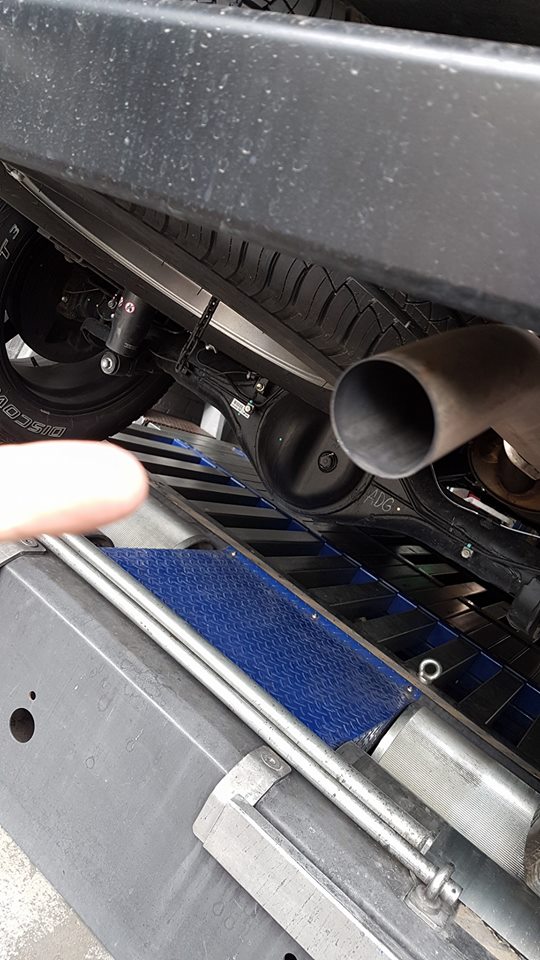-
Your shopping cart is empty!

DPF 101
We get so many people calling up asking about how they should look after their Diesels DPF everyday.
Here's the 101 guide to DPF care
- Use a viscosity oil that's suited, as per the SAE oil viscosity guide listed in nearly all owners manuals. These 0W30 or 5W30 oils are proving to be a nightmare. Watery oil gets even thinner under Aussie conditions. Those conditions can be as hot as 40'C on average. Look for a an oil rated at 40 weight or above. IE: 5W40, 10W40, 15W40 or so.
- Make sure the oil says "Safe for DPF". DPF safe oils burn in the engine leaving a lot less Ash particles than normal oils. Ash blocks a DPF so be sure the oil you use at least states that it's 'Safe fir DPF'.
- We say, "Regular Oil Changes". We're not a believer in letting oil go much past 10,000km. Diesel Lovers still sneak in a sneaky 5,000km oil only change. If your service book says service every 15,000km, for example, then sneak in an 'oil only' change at half way say 7,500km.
- Fit a proper Oil Fumes Catch Can system. The less oiley fumes burning through your engine and eventually the DPF the better.
- DPFs need to burn off the large accumulated soot particles down to tiny ash ones. If your DPF warning light comes on saying, "you need to drive constantly for 20 or 30 mins" best advice, if possible, is to do exactly that. A steady drive on cruise control at 90 to 100km/h should get that light off.
- To help prevent this, get your mechanic to perform a "Forced Regeneration" of the DPF at EVERY general service. Unknown to you, your DPF is constantly cycling through small burn cycles as you drive. Because of this, it never gets a complete full burn cycle done because of our widely varying daily drive conditions. A "Forced Regeneration" will mean less burns on the road and, most importantly, less chance of a DPF failure.
Urban Legends around DPFs
- "Forced Regeneration is bad for a DPF". With issues abounding from incomplete burns due to poor drive cycles, our experience shows us that a forced Regeneration every time your rig is serviced is better than the dozens it's failing to complete as you drive.
- "I must use the highest rated Low SAPS oil or my DPF will fail". Most diagnostic failing DPF cases we see were using the best of the best oil. The best most expensive oil guarantees nothing.
Remember, this technology is only as good as the way we look after it. It's a very sad fact that no car dealer I've heard of will ever take the time to explain even the basics about the DPF to the new owner.
We have so many customers that are shocked when we tell them that their new Diesel has a DPF and are super appreciative when we take the time out to explain what it is, how it works and how some simple tricks to remember will make all the difference to trouble free motoring.
Any mechanic out there just removing or deleting this system is not only a poor mechanic, they are breaking the law and risking huge fines as well as placing you directly in line for prosecution if an inspection on your rig is ever done by a government road authority.
These unprofessional backyarders hide in the shadows and make business from misleading the uneducated.
Confusion about DPFs, how they work and how you look after them reigns supreme.
Knowledge is the key.